Working with the Sales Education Foundation, Jason Jordan and Michelle Vazzana examined 306 sales metrics to determine which ones best help sales managers guide their salespeople to improved performance. The authors explain how to manage a sales force, link sales tactics to corporate strategy and deliver the sales numbers companies need. They identify numerous metrics and describe how to apply them most effectively. getAbstract recommends their fresh insights – particularly in regard to the productive use of metrics – and concrete information to sales managers across all industries.
Methods, Measurement and Sales Management
Sales success once depended on hiring the best salespeople, developing a strong sales strategy and training salespeople to be skilled and effective. These remain vital but three additional factors can matter even more: how you manage and supervise salespeople, how you use metrics to go beyond conventional measurement of sales efforts, and the methods you use. Base your sales “methodology” on developing and implementing an intelligent, systematized approach to selling.
Sales executives love sales metrics, including reports of sales data per manager, per product, per region, per customer type and per individual sales-cycle stages. They love aggregated data, analyzed data and abundant data. But they don’t always know how to deploy this information to increase sales.
Sales Data
The point of sales data is to enable sales managers to target trends and to guide salespeople to success. The best data enable straightforward conclusions and curative actions. For example, if your sales pipeline is too narrow, step up prospecting. If your profit margins fall, stop discounting. If your forecasts are flawed, increase sales reporting...
Jason Jordan, a B2B selling expert, and Michelle Vazzana, an experienced sales management professional and coach, are partners at Vantage Point Performance, a sales management training and development firm.










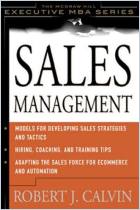
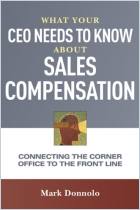
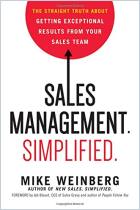
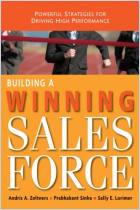

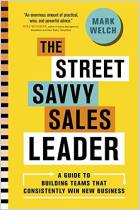


Comment on this summary